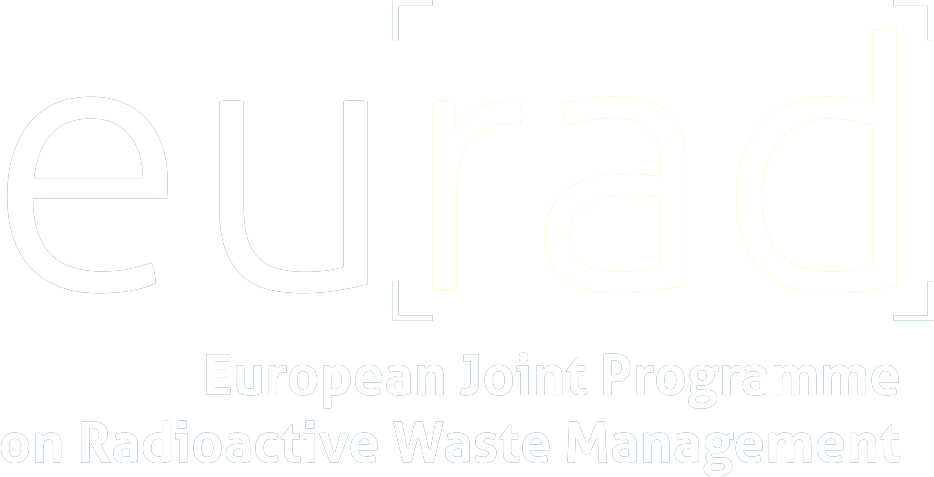During the 5-day EGU General Assembly 2024, the focus of the mission was on presenting the research about gas migration processes in clay materials within geo-reservoirs, with a specific emphasis on radioactive waste confinement. This work has been performed by Gilles Corman in the framework of the EURAD WP 6. Hosted by the European Geosciences Union (EGU) at the Austria Center Vienna (ACV) in Vienna, Austria, and online, the event spanned from April 14th to 19th, 2024.
The core objectives encompassed presenting research findings, enriching the understanding of multi-physical interactions in geo-reservoirs, fostering networking with fellow researchers, attending pertinent presentations, posters, and discussions, and gaining insights into the field’s contemporary advancements. Gas migration processes in clay formations present formidable hurdles in radioactive waste confinement. The generation of gases like Hydrogen during the exploitation phase can lead to the development of preferential gas pathways, potentially jeopardizing the containment properties of the host rock.
The major techniques operated and studied are the numerical modelling techniques in general and the multi-scale modelling approach in particular. Used to simulate gas migration processes in clay materials, numerical models use mathematical equations to predict system behavior under diverse conditions. These models offer cost-effective analysis of complex systems, informing decision-making processes. However, they are subject to limitations such as assumptions and computational complexity. The multi-scale approach integrates data across scales to accurately simulate gas migration processes. By defining a Representative Element Volume (REV) and simulating material microstructures, it provides nuanced insights into multi-physical interactions. Despite computational complexity, its applicability can span various research domains, particularly in studying complex systems like gas transport processes in clay materials.
While not directly applied, the study of AI tools revealed their potential in geoscience research. Offering benefits such as data processing and pattern identification, AI techniques could enhance sensitivity analysis and provide new insights into complex systems analysis in geoscience research, and especially in radioactive waste confinement and geological repository management.


